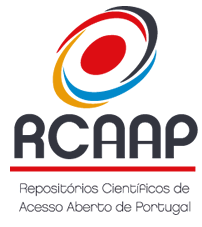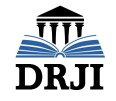Pâmela Migliorini Claudino da Silva - pamelamigliorini@yahoo.com.br Assistente Social, graduada pela Faculdade de História, Direito e Serviço Social da Universidade Estadual Paulista “Júlio de Mesquita Filho”, UNESP/Franca (SP).
DOI:
https://doi.org/10.5433/1679-0383.2006v27n2p107Keywords:
Humanization, Health, Family health program, Permanent education in Health, Social work.Abstract
The Policy of Permanent Education in Health is an important strategy to change the assistance model and to reorganize, in our country, health services traditionally curative. Based on this perspective, it was studied the Family Health Program as a public policy that, organized according to the principles of Permanent Education, can become an indispensable action to reach the humanization in public health services. Based on the presupposition that the Family Health Program became one of the most essential strategies for the reorientation of the basic attention model in the scope of the Unique Health System, it was studied the necessity to overcome the hierarchy – health professional/patient – and the importance of the social control, so that its actions focus the problems properly. In the expectation to break off with the fragmented view of the user, it is pointed out as fundamental an intersection practice among the many public policies to overcome the assistentialist curative character of out health system. As for that, it is argued about the possibility of the Social Worker insertion in the health team of the Family Health Program, because he/she is a qualified professional to undertake an educational policy to confront the social issue.
Downloads
Downloads
Published
How to Cite
Issue
Section
License
Semina: Ciências Sociais e Humanas adopts the CC-BY-NC license for its publications, the copyright being held by the author, in cases of republication we recommend that authors indicate first publication in this journal.
This license allows you to copy and redistribute the material in any medium or format, remix, transform and develop the material, as long as it is not for commercial purposes. And due credit must be given to the creator.
The opinions expressed by the authors of the articles are their sole responsibility.
The magazine reserves the right to make normative, orthographic and grammatical changes to the originals in order to maintain the cultured standard of the language and the credibility of the vehicle. However, it will respect the writing style of the authors. Changes, corrections or suggestions of a conceptual nature will be sent to the authors when necessary.




















